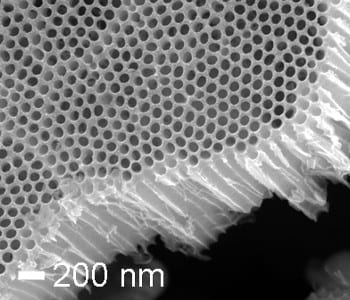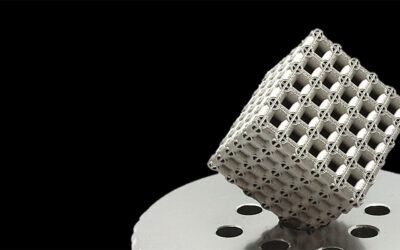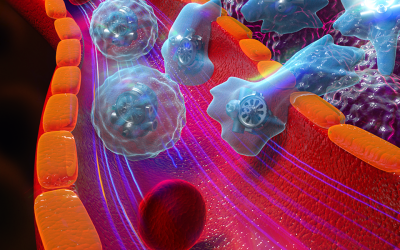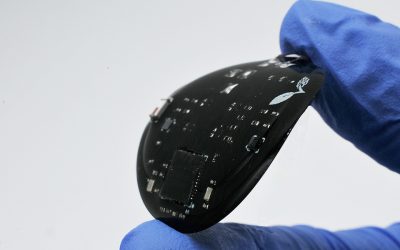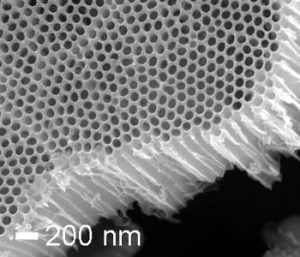 Surface-enhanced Raman spectroscopy (SERS) produces a powerful amplification of the spectroscopic signatures of molecules on the surface of certain metals such as gold. This opens up important applications in ultra-sensitive detection of significant molecules in bio-sensors and environmental sensors. However, practical application is frequently limited by the lack of reproducible substrates.
Surface-enhanced Raman spectroscopy (SERS) produces a powerful amplification of the spectroscopic signatures of molecules on the surface of certain metals such as gold. This opens up important applications in ultra-sensitive detection of significant molecules in bio-sensors and environmental sensors. However, practical application is frequently limited by the lack of reproducible substrates.
Seeking to overcome this limitation, researchers have designed and fabricated a new class of SERS substrate based on three-dimensional nanoporous materials. This hierarchical configuration of the porosity provides not only strong Raman-active sites over the substrate but also efficient binding sites for the capture of analyte molecules. This creates an enhancment of the Raman intensity by a factor of up to 30 fold compared to standard substrates. This demonstration of the applicability of such three-dimensional nanoporous materials could lead the way, the group believes, to a variety of other applications in sensing including in optical and electrical materials.

